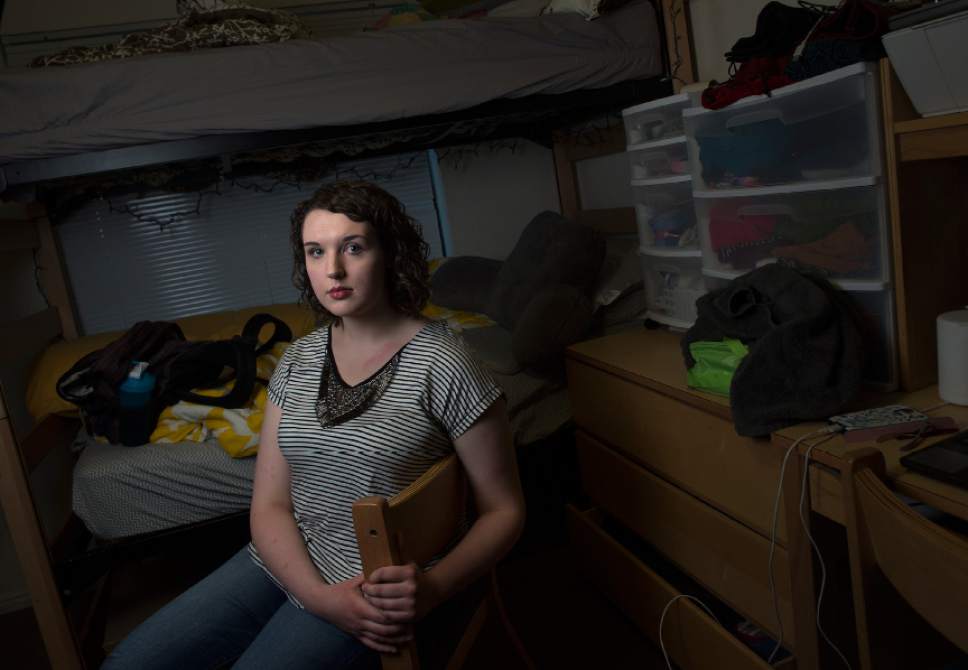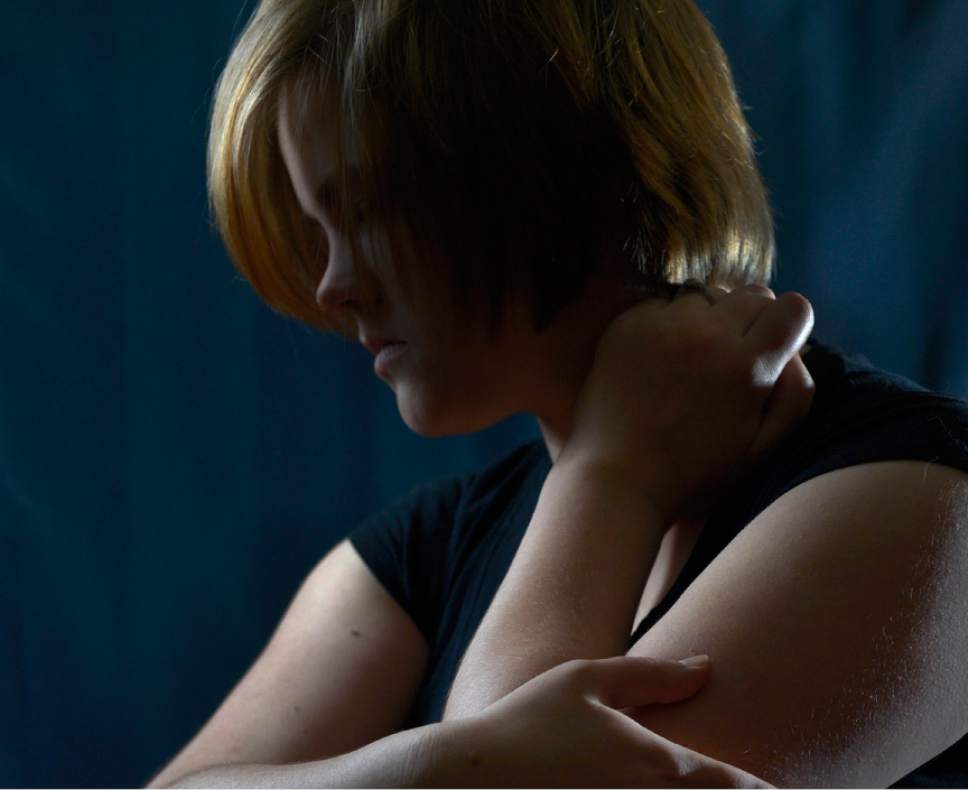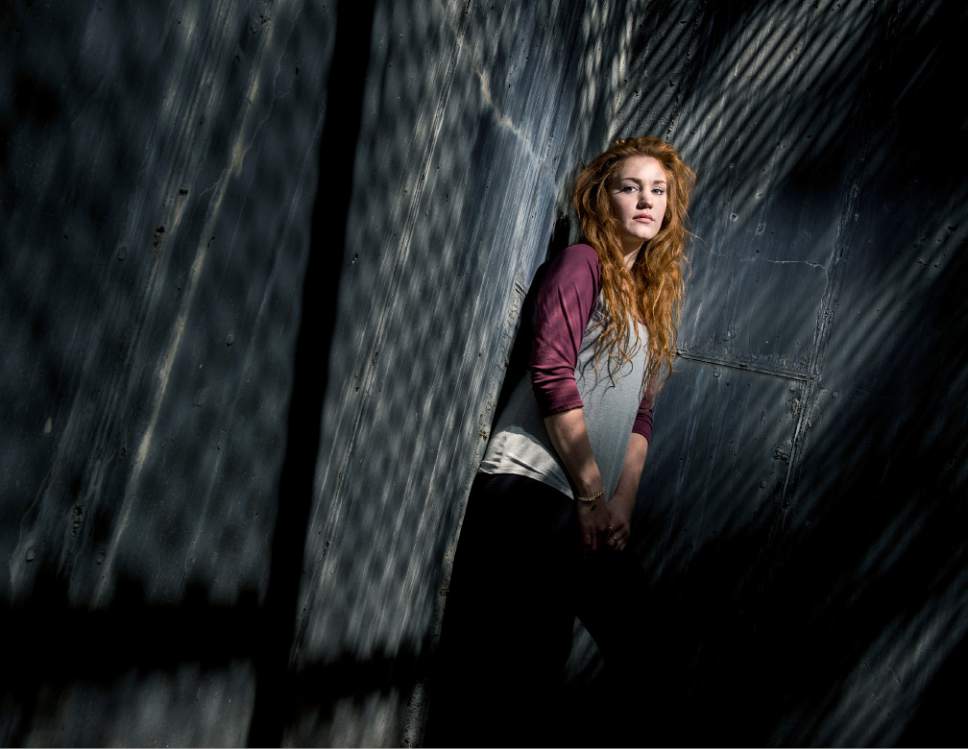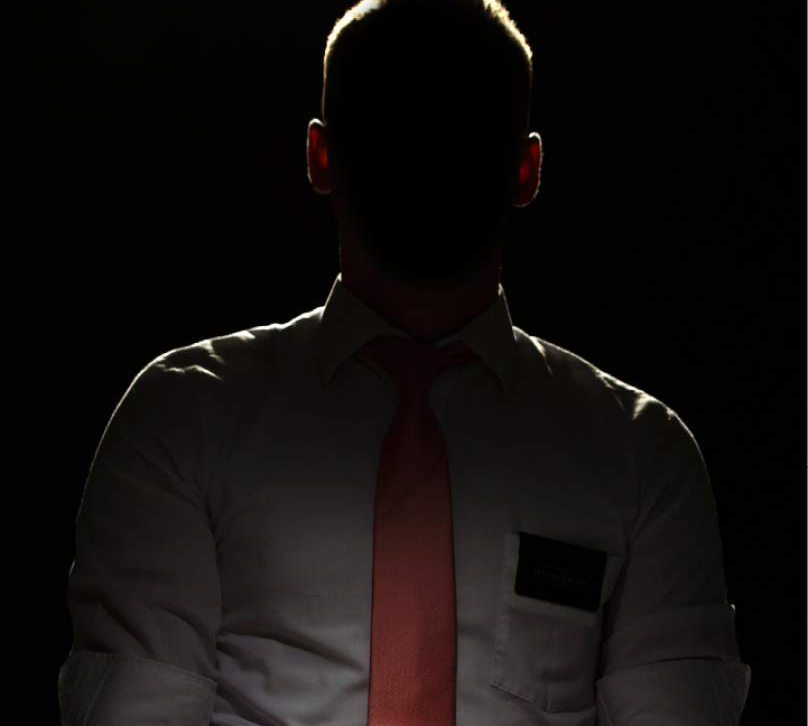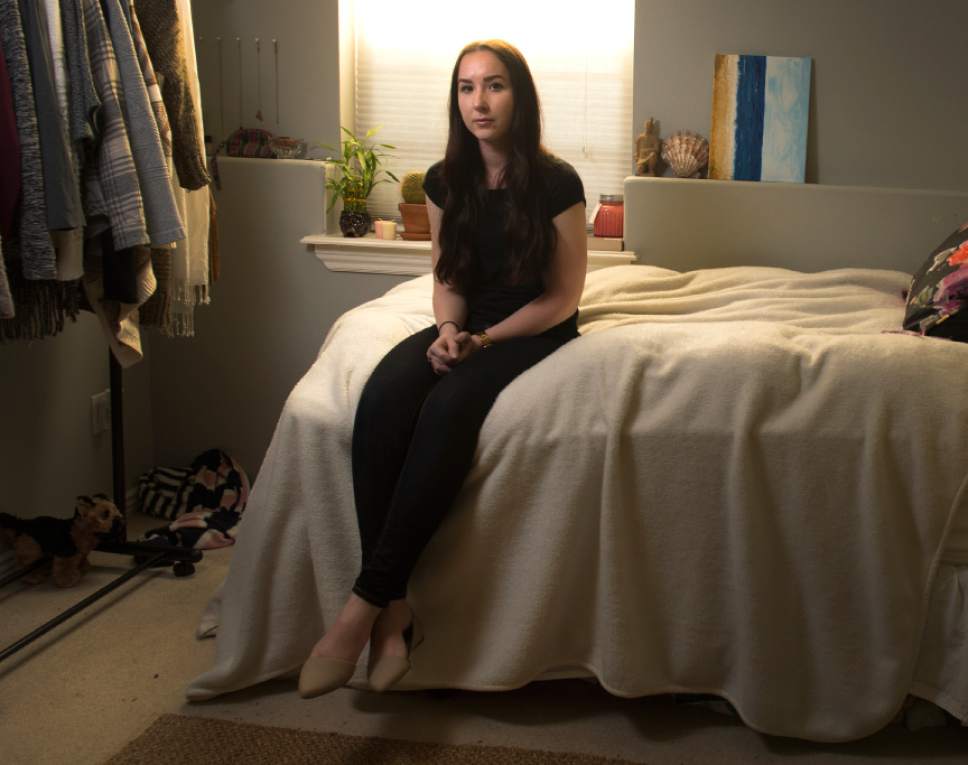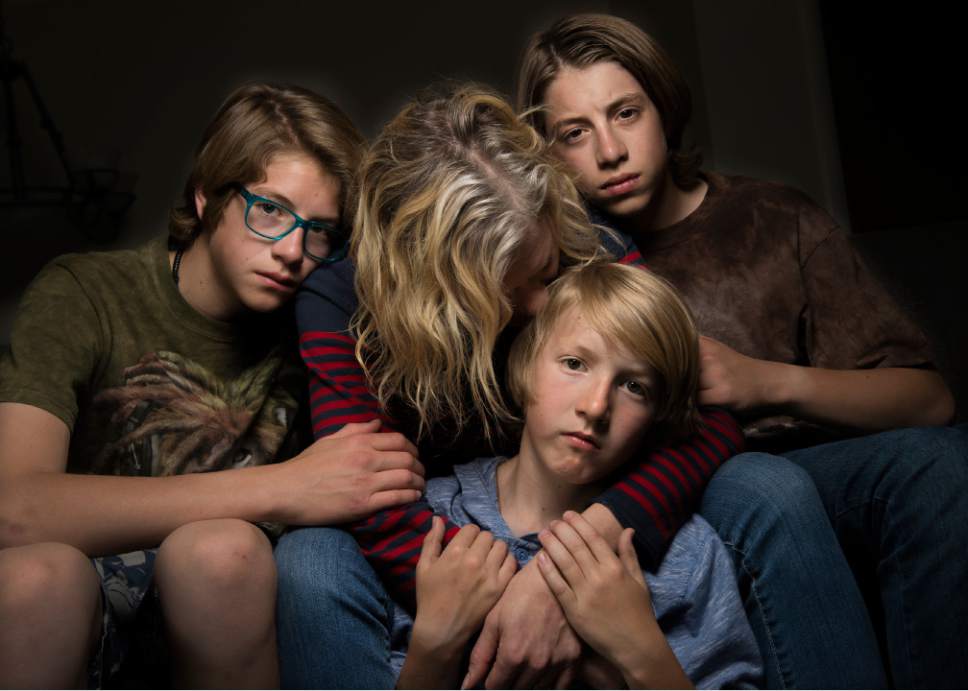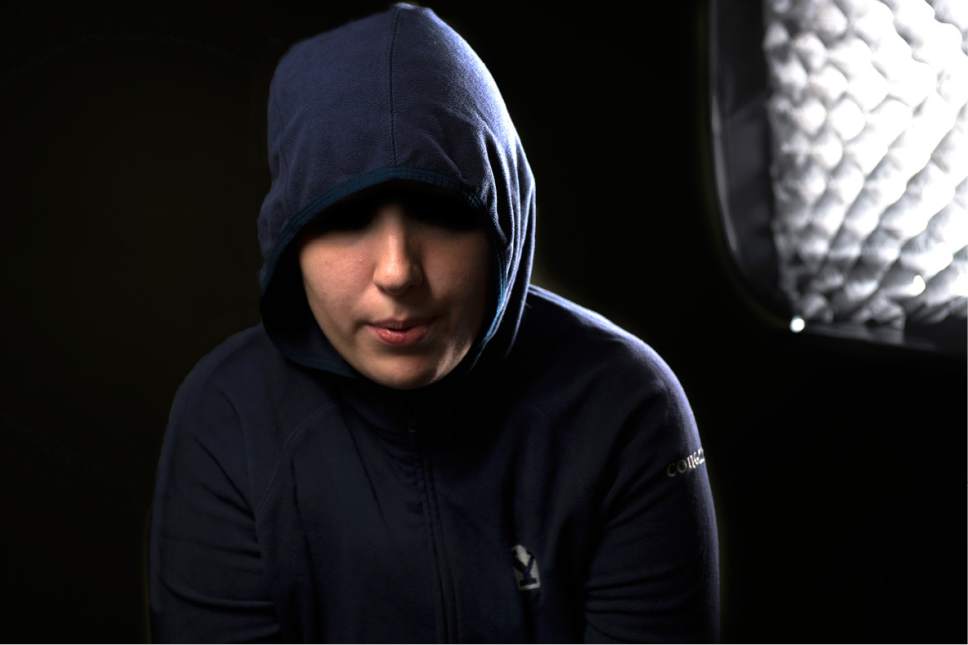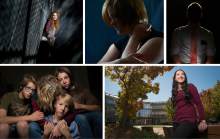This is an archived article that was published on sltrib.com in 2017, and information in the article may be outdated. It is provided only for personal research purposes and may not be reprinted.
The Salt Lake Tribune's coverage of the experiences of sexual assault victims at Brigham Young University has won a 2017 Dart Award for Excellence in Coverage of Trauma.
The award from the Dart Center for Journalism and Trauma, a project at Columbia Journalism School, was announced Friday. The center said the judges selected The Tribune's work and Transom.org's "A Life Sentence: Victims, Offenders, Justice and My Mother" from among "an exceptionally competitive pool of finalists."
The Tribune's series explored BYU's policies for handling sexual assault reports, including its Honor Code, which has a curfew, a ban on alcohol, a dress code and rules on visitation between men and women. Students said they had to choose between reporting crimes committed against them, risking investigation and punishment for their own possible violations of the code, or remaining silent, isolated from support.
The judging panel described The Tribune's stories as "a rare combination of journalistic rigor, aggressive reporting and compassion," the center said. The judges said the victims interviewed by The Tribune were "remarkable in their candor" and "profound."
"Receiving this prestigious award means so much to our newsroom," said Tribune editor Jennifer Napier-Pearce. "I'm so proud of our team and so grateful to the sexual assault survivors who trusted Tribune reporters with their stories."
The Tribune's coverage began a year ago, as then-BYU student Madi Barney called for an amnesty clause in the university's Honor Code. Without such protection for victims, she said, students were discouraged from coming forward.
Some 60 current and former students eventually contacted The Tribune about their assaults. Women and men shared intimate personal stories to illuminate the impact of BYU's policies and debunk common myths and misunderstandings about consent and assault. Those who reported sex crimes described questioning by school officials that left them feeling blamed and further traumatized.
In October, BYU announced a sweeping overhaul of its policies and resources for victims of sexual assault, including a commitment to adopt an amnesty clause. Such a final policy is still in the works, but other recommendations from an internal advisory council have been completed, including the hiring of a new, full-time Title IX coordinator. The office tasked with implementing the federal law that requires universities to swiftly respond to and resolve complaints of sexual violence.
The Dart center's announcement recognizes lead reporter Erin Alberty, photographer Leah Hogsten, writer and editor Rachel Piper and managing editor Sheila McCann, as well as noting contributions from additional staffers. Alberty reported that victims and police said abusers at times used the Honor Code as a weapon, explored why victims felt school officials began with an assumption of their guilt, and explained how LGBT students were especially vulnerable. Piper examined reasons behind underreporting and how the impact of assaults echoed through victims' lives.
Piper and reporters Jessica Miller, Peggy Fletcher Stack, Matt Piper and Ben Wood collaborated with Alberty on the three additional stories in the entry. Hogsten created "empowering" photographs of the victims, the judges said. Photographers Francisco Kjolseth and Chris Detrick contributed additional images.
The Dart Awards, given annually since 1994, "recognize outstanding reporting in all media that portrays traumatic events and their aftermath with accuracy, insight and sensitivity while illuminating the effects of violence and tragedy on victims' lives." The award comes with a $5,000 cash prize.
The Tribune's broader reporting on campus sexual assault last week won the American Society of Newspaper Editors' 2017 Frank A. Blethen Award for Local Accountability Reporting. It has also won first place for project reporting in the 14-state Best of the West journalism contest.


